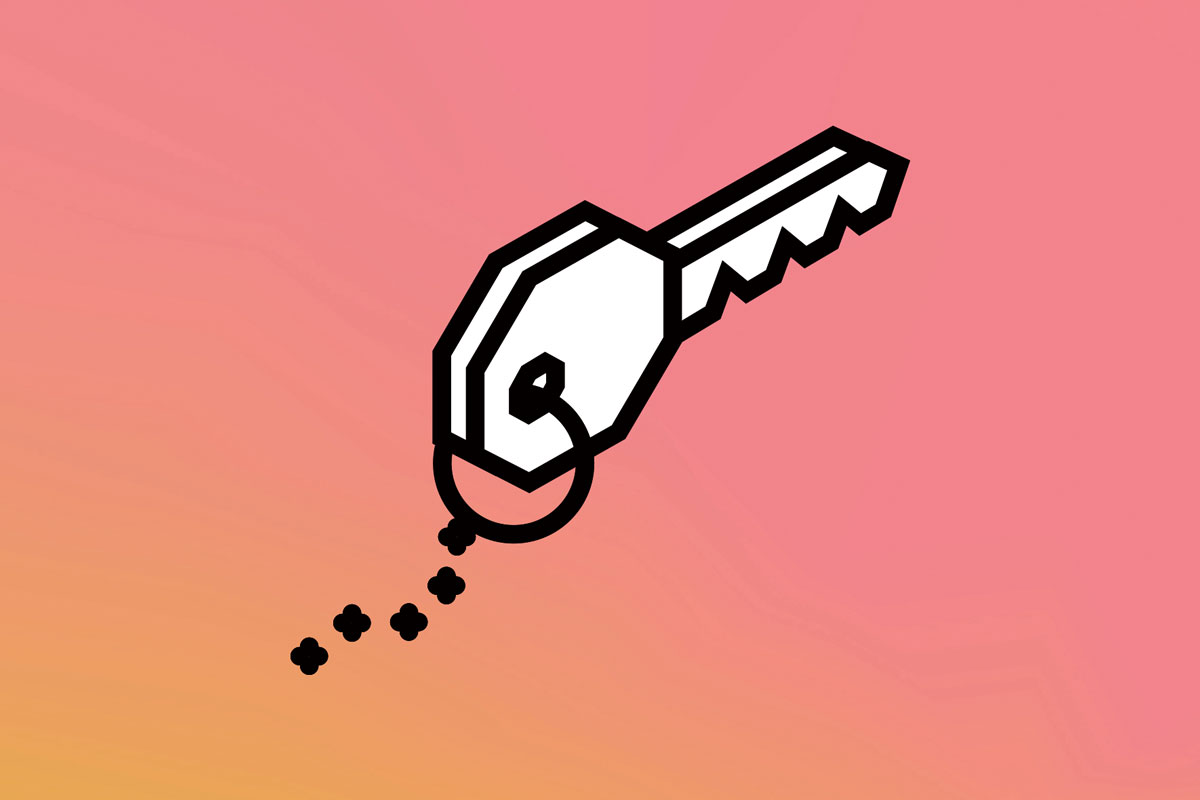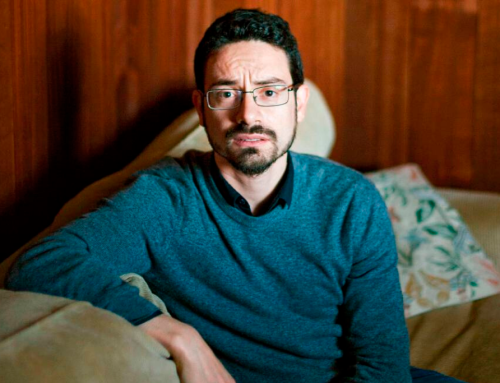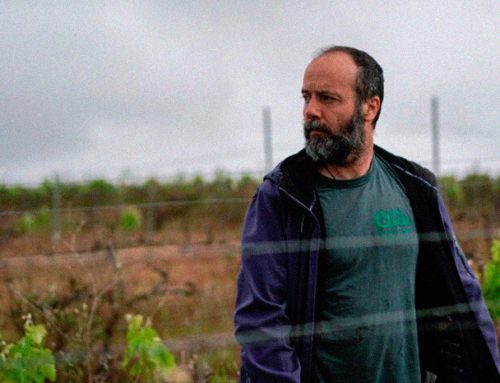“The Covid-19 pandemic is the start of a new normal, from here on nothing will be the same.” I could not disagree more, although this view is common amongst those who were already keen to shake things up before the virus hit. Especially on the political left. In Barcelona it seems that the instant the everyday flow of commerce and leisure was brought to a halt, every dormant aspect of social welfare policy was shaken awake and made to stand for public scrutiny. Most of these policies, like legalising immigrants without papers and protecting renters, I am in favour of. I am not sure, however, that you can take a just cause, give it an adrenalin shot, slap it in the face and expect something useful will come of it. Governments pace their legislation over an entire term for many reasons, one of which is to ensure change has a lasting effect.
Only those unsatisfied with the previous status quo would imagine that a pandemic might be enough to alter it. But why would anyone who had benefited from the way things were, want anything to change? Wouldn’t it be more logical to imagine that the destruction of local shops will consolidate larger ones, chains and franchises financially prepared for the coming stress test? Won’t the drop in housing prices mean that small-time investors will lose their shirts while the heftier ones gather the spoils? Oil prices have dropped so sharply, with the reserves so massive, that the incentive for electrifying transport could be set back a few years. The policies proposed by Spain’s left coalition prove that they understand this perfectly, which is why their priority is to bolster basic social coverage for the most vulnerable. No party is as realistic about wild capitalism as Podemos.
A defining characteristic of the contemporary psyche is that it overestimates the importance of the time it is living in. This is odd, because if you read the history books, the people who witnessed the advent of cars, airplanes, home electricity and abstract art, all in a single decade (say 1903-13), did not strut around boasting about it. The Barcelonans who coincided with such momentous changes, arguably more influential than any of our time, were more concerned with other questions, like protesting the war in Morocco or starting the most important anarcho-syndicalist union in history, the CNT. Our century, in contrast, is all misplaced bombast. The litmus test for such arrogance is resumed in a simple phrase: “We are living in one of the most insignificant times in human history.” If you cannot say these words without rebelling within, without laughing nervously at what they imply, then you have forgotten what it means to be an insignificant dot on an obscure planet at the edge of the universe.
Of course, pundits, influencers and certain academics need to convince readers and followers that every second is a watershed. They zealously overstate Covid-19, as their survival depends upon it. Slavoj Žižek had already written a book by mid-March (Pandemic!: Covid-19 Shakes the World), which is like using premature ejaculation to prove you are good in bed. If we were not at the threshold of transcendence at every millisecond, these voices would cease to exist.
One principle that was true before will still be true once this virus has passed: all societies make a deal. We all decide how much death and suffering is acceptable without having to stop enjoying life to the full. We all choose when we get to party. This is in part a deliberate ethical decision, but also a question of technical capacity. Some tragedies we consciously accept; some we cannot do anything about (or at least not yet). All those who argue that more people die each year from the flu, or that despite traffic deaths we keep on driving (Díaz Ayuso, in Madrid), may be guilty of insensitivity, but they are not wrong. If we really believed that the suffering of others should condition our behaviour, we would have spent the last 9 years mourning the war in Syria.
There is no need to be hypocritical about this: we too were fine with poorly medicalised private care homes for the elderly, with underpaid, overworked staff; we were fine with slotting our ageing relatives into them. Amazingly, even now we are mostly fine with people dying in them without being taken to a hospital (death by suffocation, to be clear). Now that these institutions have proven to be death traps for profit, will there be a social clamour to improve them? Or will they remain part of the previous agreement, one of our many preposterous deals with the devil, which we need to keep our lifestyles intact?







